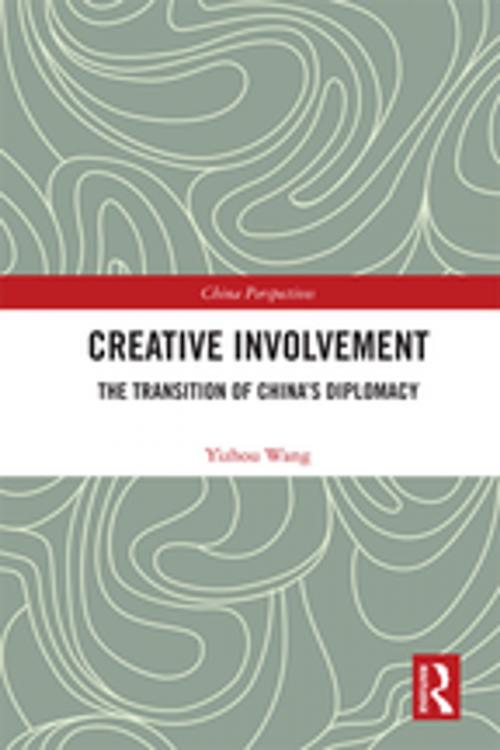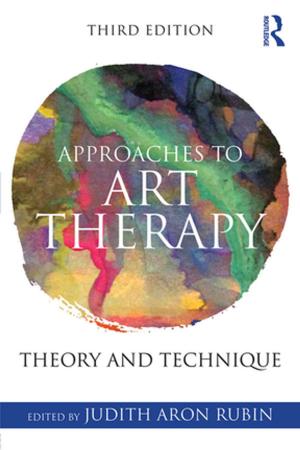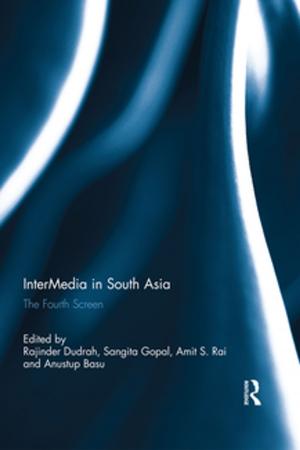Creative Involvement
The Transition of China's Diplomacy
Nonfiction, Social & Cultural Studies, Political Science, International, International Relations| Author: | Yizhou Wang | ISBN: | 9781351268745 |
| Publisher: | Taylor and Francis | Publication: | April 27, 2018 |
| Imprint: | Routledge | Language: | English |
| Author: | Yizhou Wang |
| ISBN: | 9781351268745 |
| Publisher: | Taylor and Francis |
| Publication: | April 27, 2018 |
| Imprint: | Routledge |
| Language: | English |
With the enhancement of national power, China’s relationship with the outside world is evolving from simple follow-up and passive adaptation to strong participation, proactive engagement and active leadership. That will not only bring about major changes in contemporary international relations and global pattern, but also cause profound transition in China’s own diplomacy.
This is the third book in the Creative Involvement trilogy, with China’s diplomatic transition as the theme. In the first part, it studies the political premises of the transition, elaborating on the diplomatic policies in Deng Xiaoping and Xi Jinping era respectively. Also, it elucidates the essence of China’s social transition and the social foundation of China’s diplomacy. In the second part, this book examines the major issues of China’s diplomatic transition, in terms of orientations, layout, objectives and investment. It believes that the creative involvement of China’s diplomacy into world affairs requires not only social transition adapting to the times, but also retrospections on and improvement of China’s diplomatic mechanisms.
This book will appeal to scholars and students in international relations studies, especially those in East Asia and "Belt and Road" countries. Readers interested in global governance, China’s diplomacy and the rise of China will also benefit from it.
With the enhancement of national power, China’s relationship with the outside world is evolving from simple follow-up and passive adaptation to strong participation, proactive engagement and active leadership. That will not only bring about major changes in contemporary international relations and global pattern, but also cause profound transition in China’s own diplomacy.
This is the third book in the Creative Involvement trilogy, with China’s diplomatic transition as the theme. In the first part, it studies the political premises of the transition, elaborating on the diplomatic policies in Deng Xiaoping and Xi Jinping era respectively. Also, it elucidates the essence of China’s social transition and the social foundation of China’s diplomacy. In the second part, this book examines the major issues of China’s diplomatic transition, in terms of orientations, layout, objectives and investment. It believes that the creative involvement of China’s diplomacy into world affairs requires not only social transition adapting to the times, but also retrospections on and improvement of China’s diplomatic mechanisms.
This book will appeal to scholars and students in international relations studies, especially those in East Asia and "Belt and Road" countries. Readers interested in global governance, China’s diplomacy and the rise of China will also benefit from it.















